HaUI Reaches International Standards: 5 Training Programs Achieve ABET Accreditation
Hanoi University of Industry (HaUI) has reached a significant milestone in its journey toward international recognition, with five training programs accredited by ABET. This achievement underscores HaUI's commitment to delivering high-quality education that is aligned with global standards, particularly in engineering and technology. By adhering to ABET's rigorous standards, HaUI has established its brand and quality culture on the educational map of Vietnam and the world.
ABET - A Trusted International Standard
Founded in 1932, ABET (Accreditation Board for Engineering and Technology) is the accrediting body for engineering and technology programs in the United States. Recognized as the world’s most prestigious accreditation organization and a "gold standard" for engineering and technology programs, ABET accreditation is pursued by many prominent universities worldwide. To date, 4,773 programs at 930 colleges and universities in 42 countries have been ABET-accredited, with over 200,000 graduates annually benefiting from these certified programs. In Vietnam, ABET has accredited 30 programs at 10 universities and colleges.
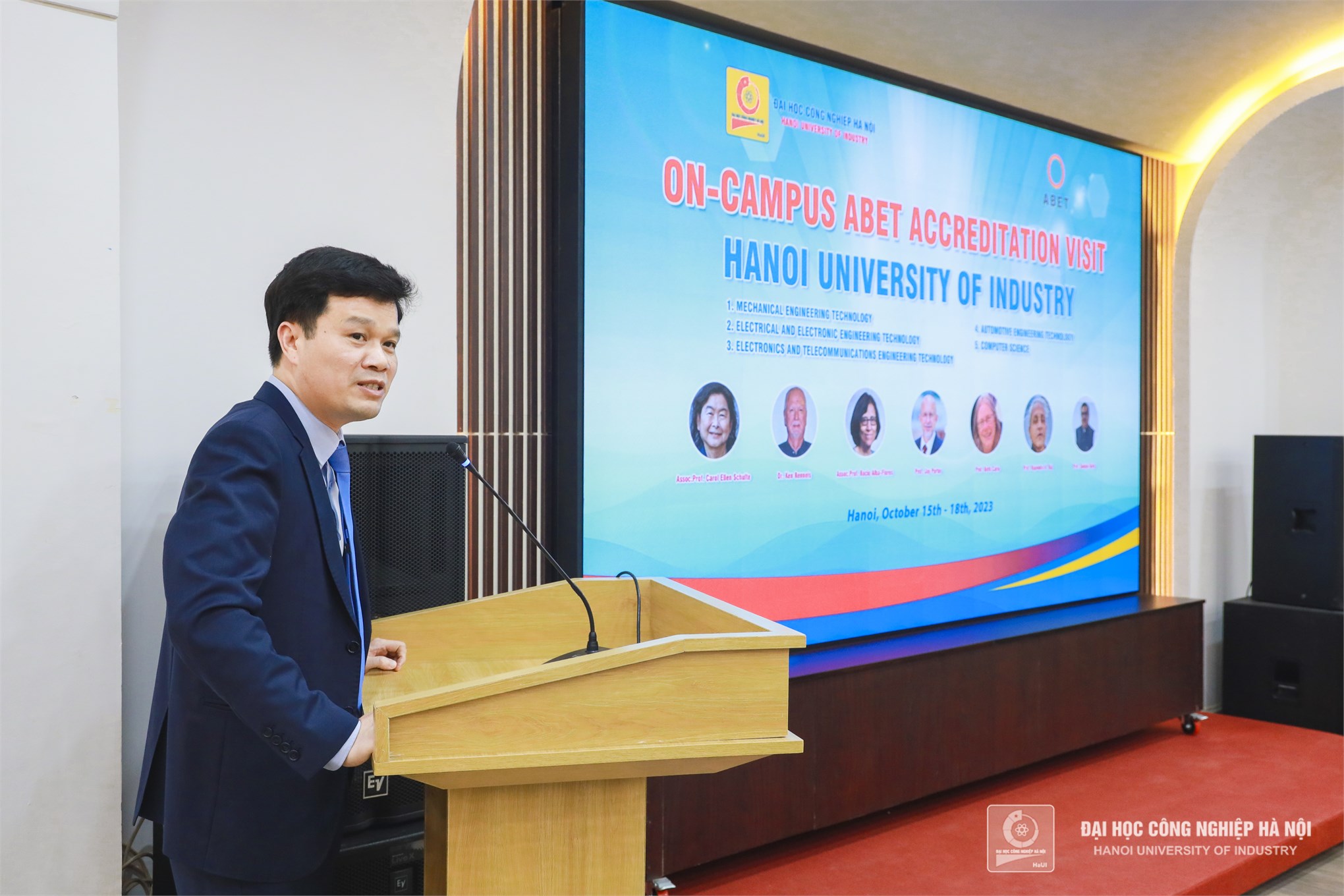 Dr. Kieu Xuan Thuc, Rector of Hanoi University of Industry, highlighted the importance of achieving ABET accreditation for five programs: “This milestone reflects HaUI's efforts to develop and enhance the quality of higher education, meeting societal demands, student needs, and the goal of becoming a multi-disciplinary application-oriented university with internationally recognized programs.”
Dr. Kieu Xuan Thuc, Rector of Hanoi University of Industry, highlighted the importance of achieving ABET accreditation for five programs: “This milestone reflects HaUI's efforts to develop and enhance the quality of higher education, meeting societal demands, student needs, and the goal of becoming a multi-disciplinary application-oriented university with internationally recognized programs.”
ABET accreditation ensures that institutions' programs meet quality standards specific to their respective fields, preparing students for professional success.
Five HaUI Programs Meet ABET Criteria
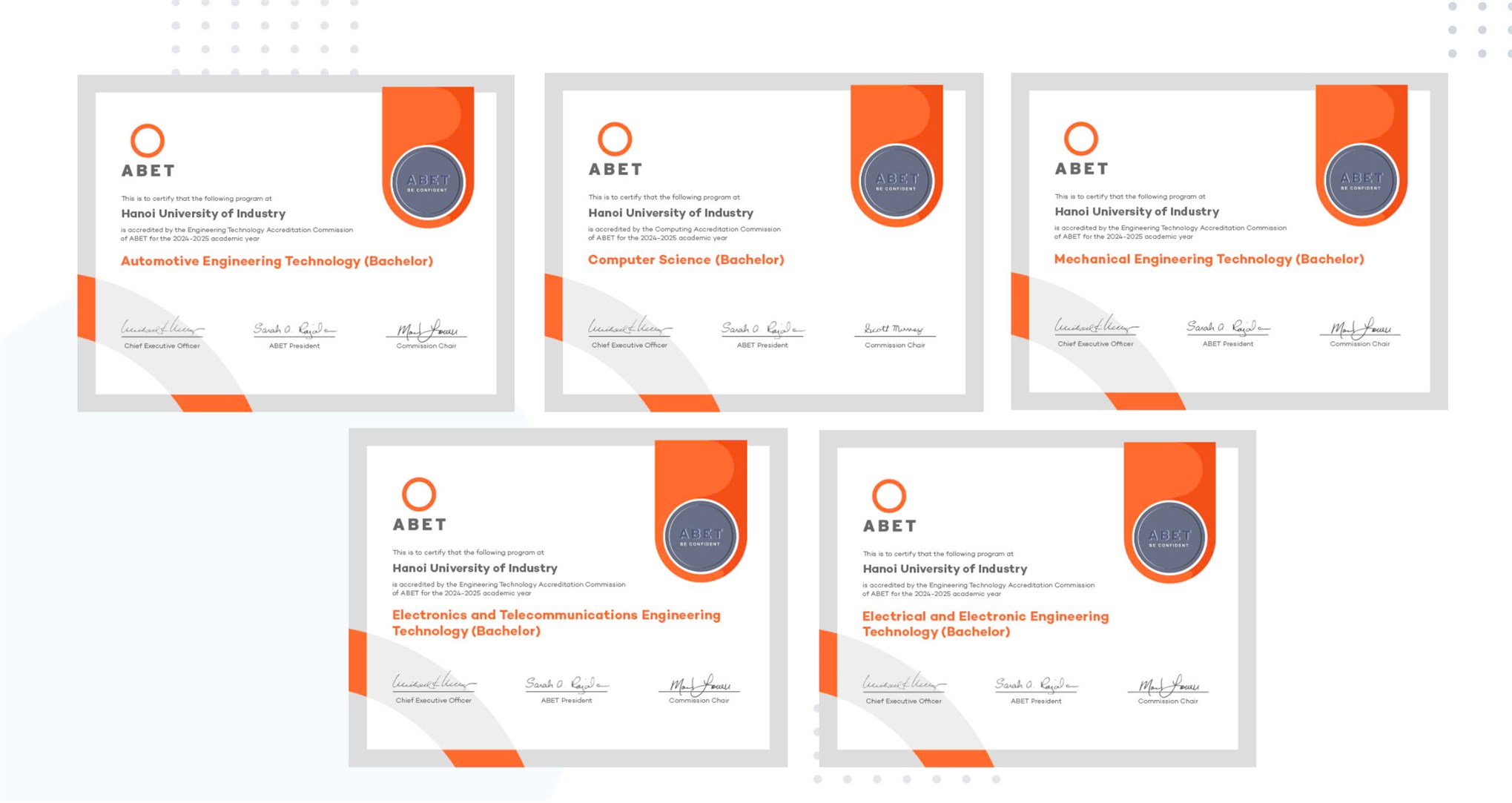 The five accredited HaUI programs include Automotive Engineering Technology, Electrical and Electronic Engineering Technology, Electronics and Telecommunications Engineering Technology, Mechanical Engineering Technology, and Computer Science
The five accredited HaUI programs include Automotive Engineering Technology, Electrical and Electronic Engineering Technology, Electronics and Telecommunications Engineering Technology, Mechanical Engineering Technology, and Computer Science
ABET's criteria emphasize student outcomes, teaching quality, program practicality, and continuous improvement. The eight evaluation criteria include Students, Program Educational Objectives, Student Outcomes, Continuous Improvement, Curriculum, Faculty, Facilities, and Institutional Support.
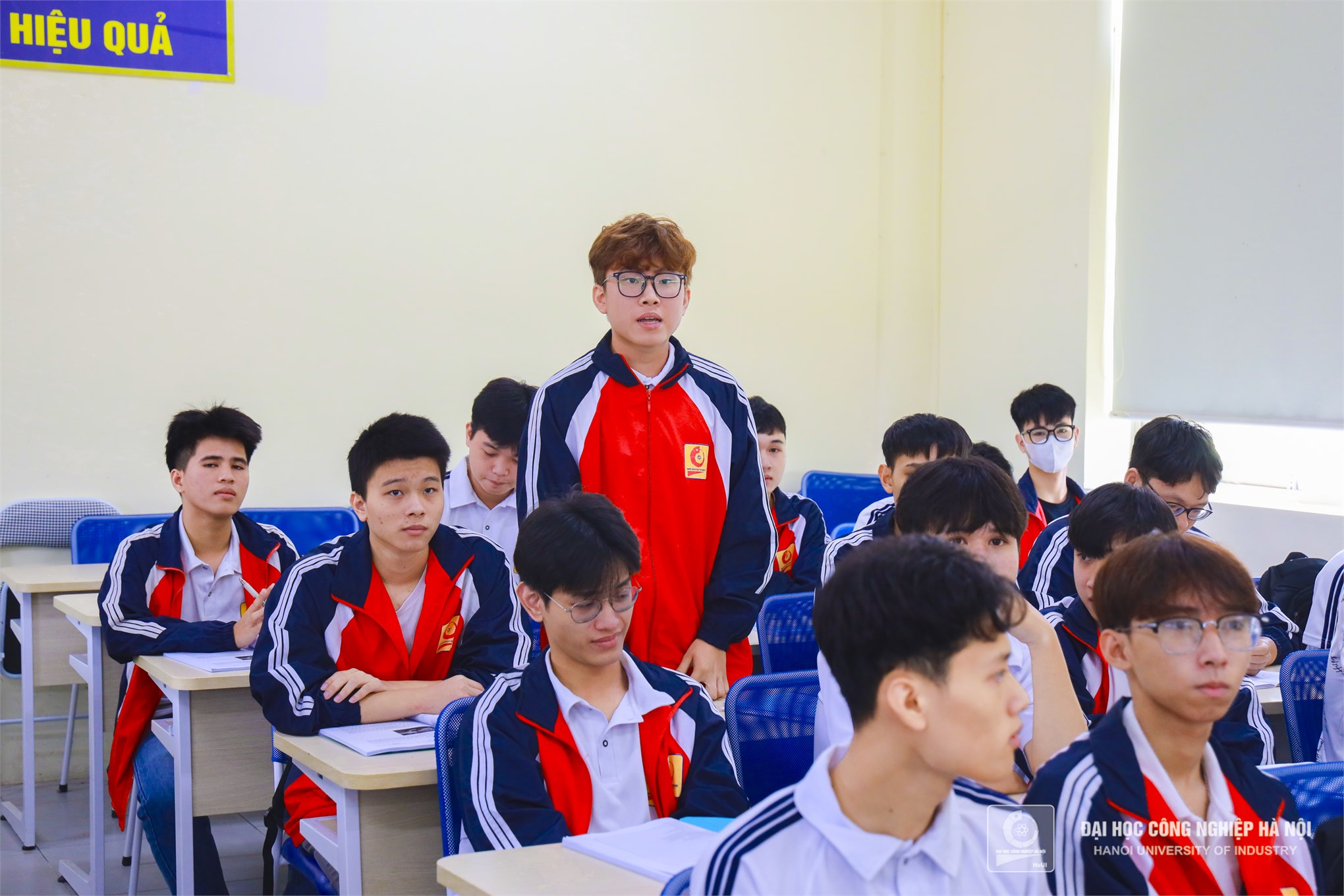 "Students" is one of the eight key criteria in ABET's accreditation standards
"Students" is one of the eight key criteria in ABET's accreditation standards
In November 2024, ABET officially announced its accreditation for the following HaUI programs:
Automotive Engineering Technology (AET)
The involvement of the automotive industry and related organizations in the automotive engineering technology (AET) program is exceptionally strong and encompasses multiple forms of engagement. Automotive-related organizations provide the necessary opportunities for the required student internship. In addition to the industrial advisory board's (IAB) expected responsibilities, the board is deeply involved in the review and improvement of individual course content as well as the overall curriculum content. This exemplary level of multifaceted involvement ensures students are well-prepared for their future careers.
Electrical and Electronic Engineering Technology (EEET)
During the facility tours, it was observed that laboratories for several courses: EE6004, Maintenance of Industrial Electrical Equipment; EE6012, Electro-hydraulic and Pneumatic Control; EE6029, Data Acquisition, Control and Data Transmission Systems; and EE6049, Automation of Technological Process, are equipped with a substantial number of industrial Programmable Logic Controllers (PLCs) that are not commonly found in laboratories for EEET programs. There is a strong relationship between the members of the Industrial Advisory Board (IAB) and the program. The IAB makes substantial contributions to help the program acquire many of the industrial PLCs. Having several laboratories equipped with industrial PLCs highly benefits the students by exposing them to equipment currently used in industry.
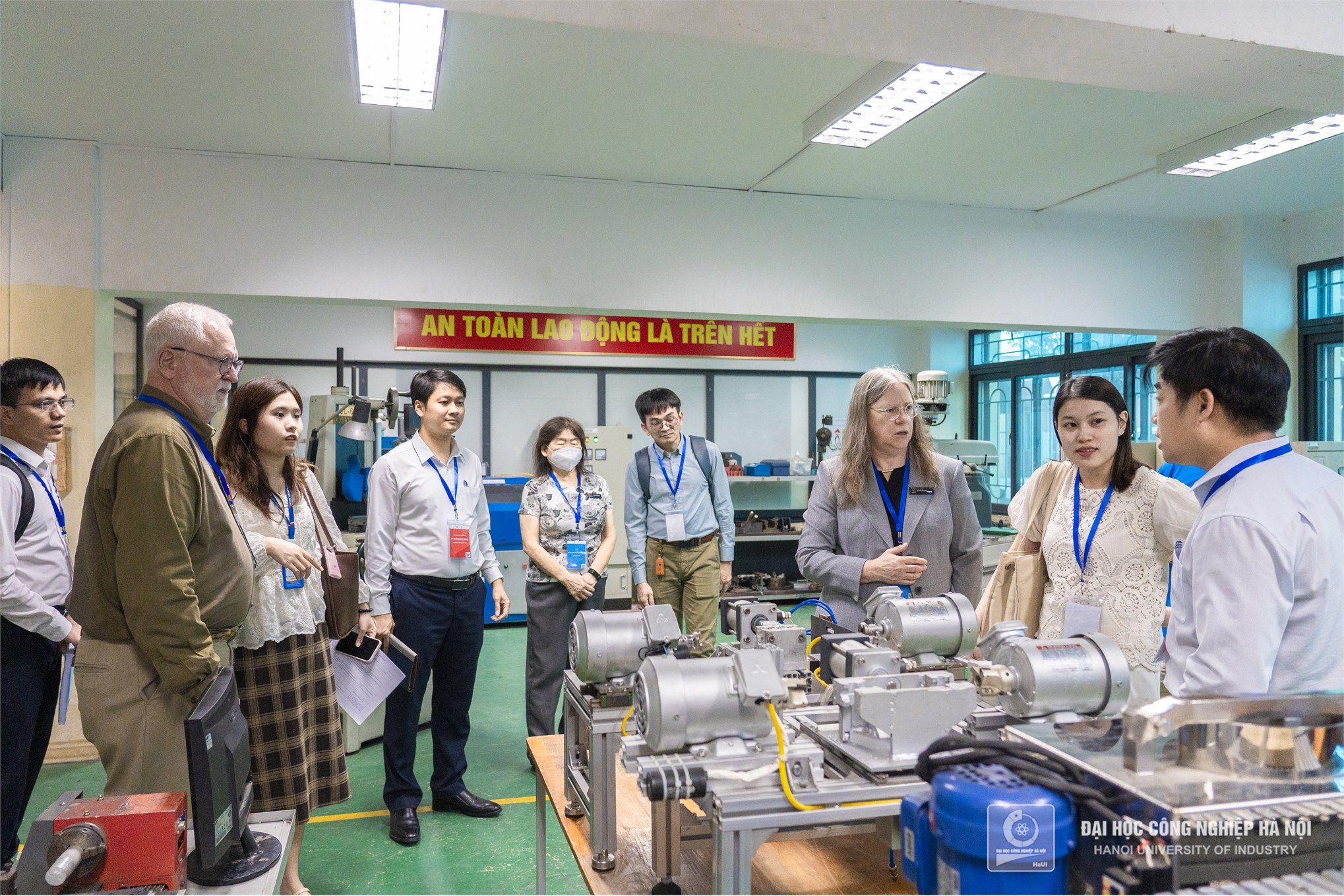 The ABET evaluation team conducted assessments at Hanoi University of Industry
The ABET evaluation team conducted assessments at Hanoi University of Industry
Electronics and Telecommunications Engineering Technology (ETET)
The Electronics and Telecommunications Engineering Technology program has a unique, four-course, integrative capstone experience that begins in the junior year. Starting with the junior project on electronics and telecommunications, the students progress through a senior project course, then a mandatory internship course, and a graduation project course. This sequence not only reinforces technical skills and allows students to integrate their knowledge through design, but also repeatedly reinforces oral and written communication skills, teamwork, and project management principles. The final two courses also stress the impact of engineering solutions on society, engineering ethics, and project financial management, both through a design project and a real-world experience with industry. This unique course sequence truly prepares students with the technical and soft skills to be successful when they start their first job and throughout their careers.
Mechanical Engineering Technology (MET)
Involvement of industry in the mechanical engineering technology program is exceptionally strong and encompasses multiple forms of engagement. Industry provides ongoing financial and equipment support for laboratories, ensuring that students are prepared for the current industrial environment. Members of the industry engage with current students by providing frequent presentations and through mentoring. Select students are also provided with industry internships before their required graduate internships. In addition to their expected responsibilities, the industrial advisory board is very involved in the review and improvement of the content and instructional methods of individual courses. This exceptional level of multifaceted involvement ensures that students are well-prepared for their future careers and encourages their ongoing support of the program.
Computer Science (CS)
In line with the institutional mission to focus on graduate career readiness, students in the Computer Science program are being prepared exceptionally to meet the needs of modern industry and tackle real-world technological challenges. They have access to industry-sponsored projects using cutting-edge equipment. For instance, as a result of the program’s relationship with Samsung, the program has two specialized laboratories where students independently work on advanced projects. The integration of supervised projects into various courses, such as Software Engineering, Data Structures, and Algorithms, helps to complement student learning. The close collaboration with industry has enabled several students to work part-time in local industries during their program of study, allowing for financial independence and the development of real-world career-enhancing skills. The division is also involved in various other projects, such as six national projects, five ministerial projects, nine university projects, and ten technology transfer projects. As a result, program graduates become highly proficient computer scientists and software developers who are well-equipped for successful industry careers.
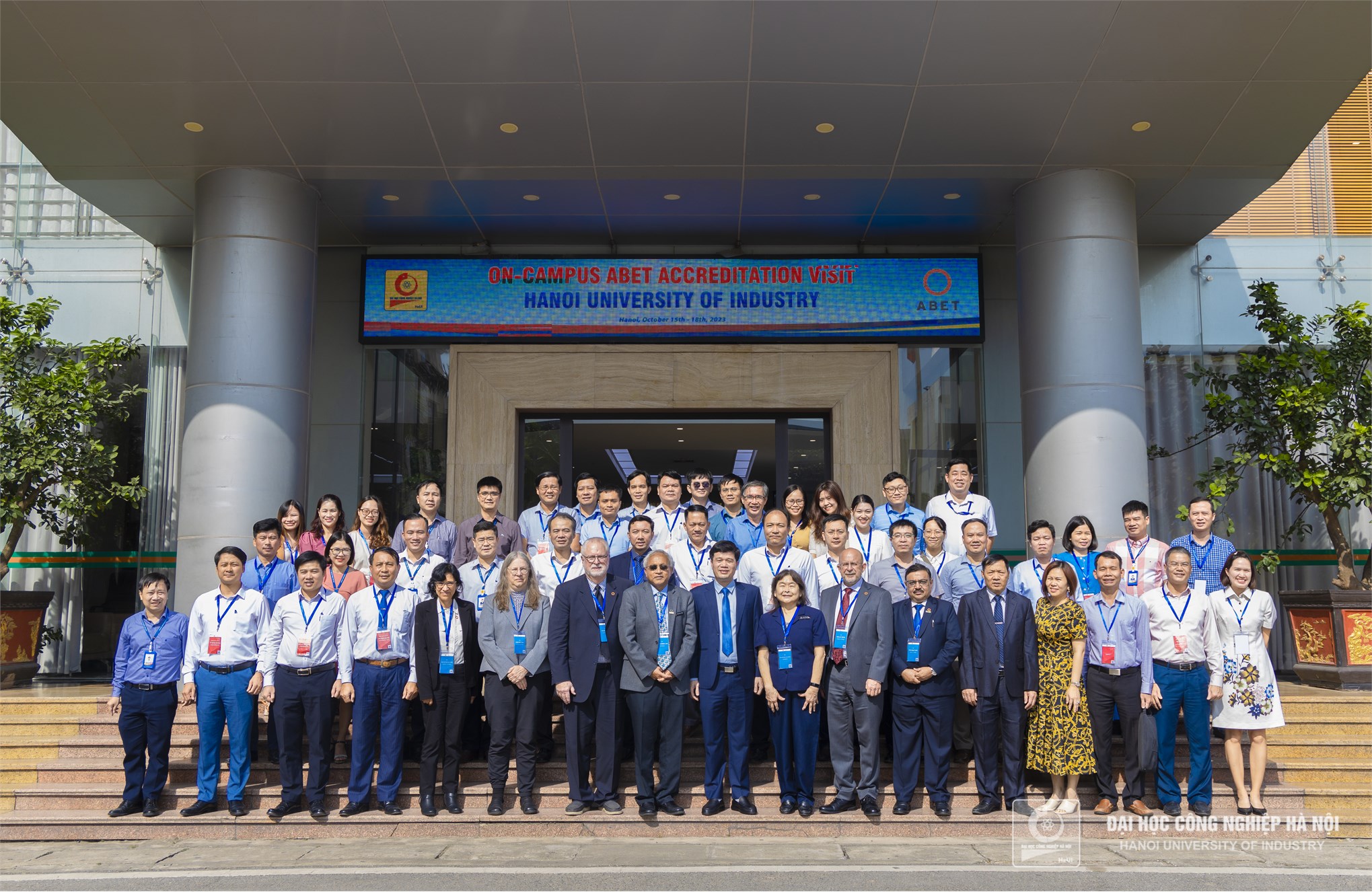 ABET experts carried out their work at Hanoi University of Industry
ABET experts carried out their work at Hanoi University of Industry
HaUI's Global Validation Through ABET Accreditation
ABET accreditation affirms that HaUI's programs meet international standards, offering numerous benefits:
Enhanced Reputation: Accreditation boosts HaUI's global standing, attracting high-quality students, faculty, and partners.
Improved Employability: Graduates from ABET-accredited programs gain a competitive edge in the job market.
Stronger Industry Connections: ABET encourages closer ties between academia and industry, offering internship opportunities and curriculum updates to meet market demands.
International Collaboration: Accreditation facilitates global educational and research partnerships, opening doors for student exchanges and joint academic initiatives.
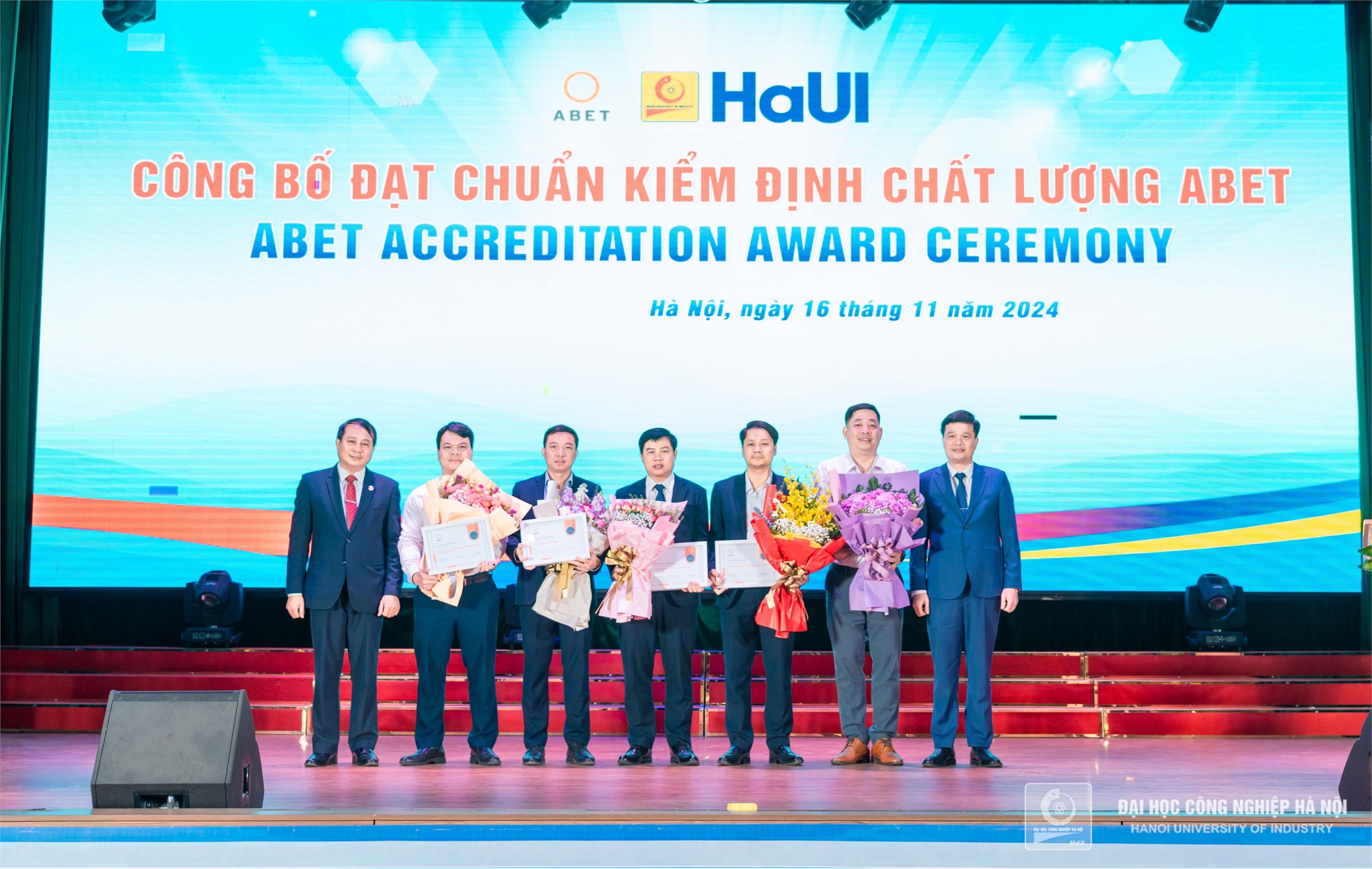 Assoc. Prof. Dr. Le Hong Quan, Party Secretary and Chairman of the University Council, and Dr. Kieu Xuan Thuc, Rector, congratulated the five training programs for achieving ABET accreditation
Assoc. Prof. Dr. Le Hong Quan, Party Secretary and Chairman of the University Council, and Dr. Kieu Xuan Thuc, Rector, congratulated the five training programs for achieving ABET accreditation
Continuous Improvement: Maintaining accreditation requires ongoing evaluation and adaptation to technological and educational trends.
Talent Attraction: ABET accreditation positions HaUI as a preferred choice for aspiring students.
Increased Funding Opportunities: Accreditation attracts financial support for advanced facilities, research, and faculty development.
This milestone is a starting point for continuous improvement, ensuring HaUI's long-term commitment to quality. The university is asserting its position as a leading institution in Vietnam, ready for integration and future challenges in the global education landscape.
-
Thứ Năm, 15:59 05/12/2024
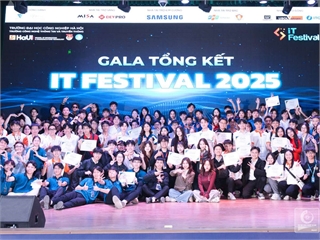

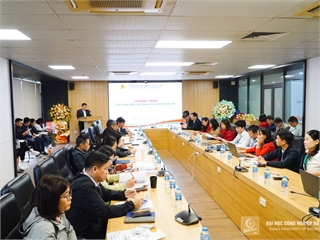
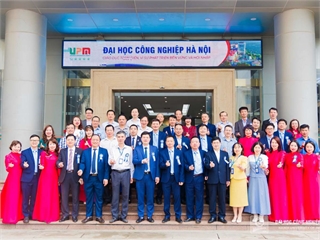
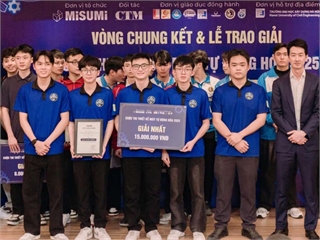
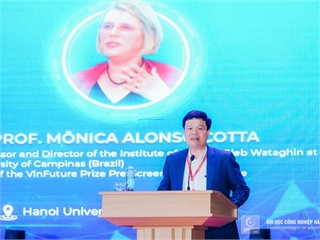
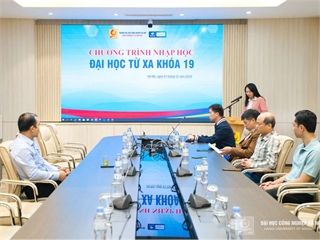
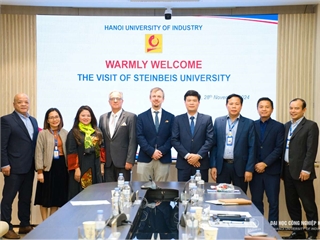
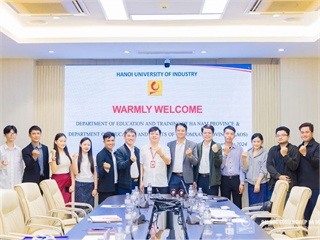
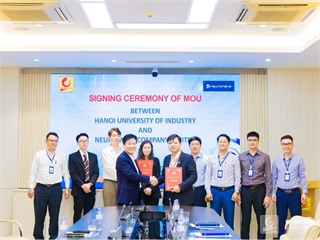
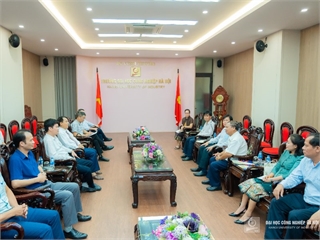
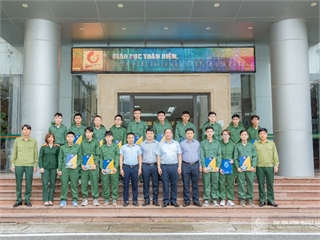
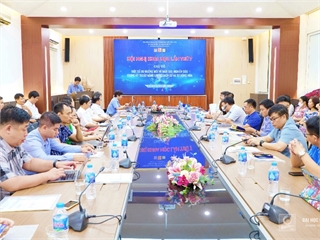
![[LIVESTREAM] Hiểu đúng ngành, chọn đúng nghề - Tư vấn chuyên sâu nhóm ngành Điện, Điện tử](https://www.haui.edu.vn/media/84/m84969.jpg)
![[LIVESTREAM] Hiểu đúng ngành, chọn đúng nghề - Tư vấn chuyên sâu nhóm ngành Ngôn ngữ, Văn hóa, Du lịch & Khách sạn](https://www.haui.edu.vn/media/84/m84967.jpg)